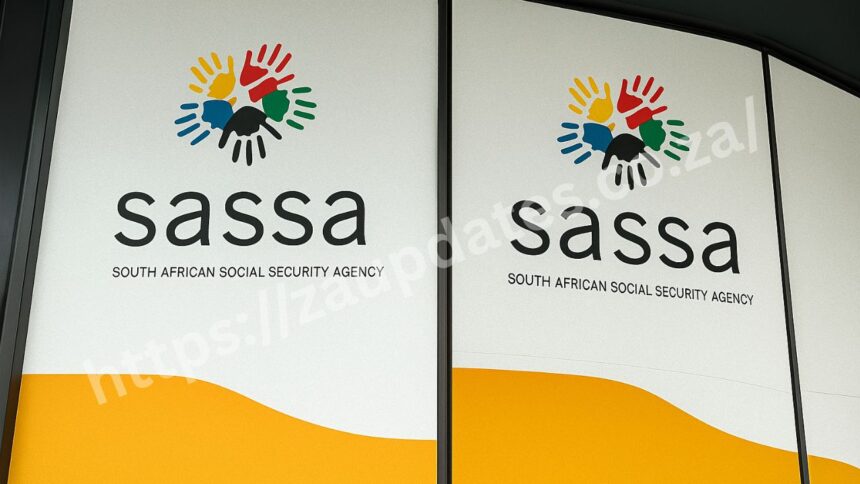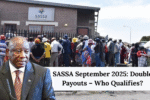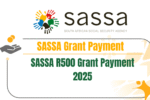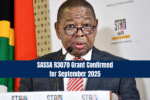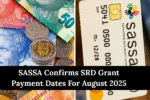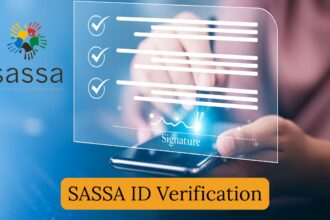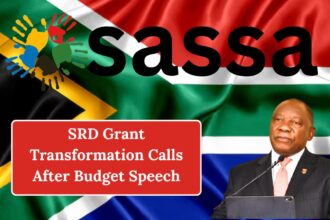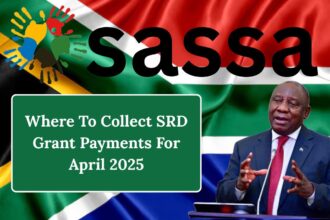Proposed Changes to South Africa’s SRD Grant Draw Criticism. The Social Relief of Distress (SRD) grant, introduced during the COVID-19 pandemic, has been a vital support mechanism for millions of unemployed South Africans. However, recent proposed amendments to the SRD grant regulations have sparked significant criticism from various stakeholders, including advocacy groups and legal experts.
SRD Grant
The SRD grant was established in May 2020 as a temporary measure to provide financial assistance to unemployed individuals who were not receiving any other form of social grant or unemployment insurance. Initially set at R350 per month, the grant aimed to alleviate the economic hardships exacerbated by the pandemic.
Over time, the grant has been extended multiple times, with the current extension set to end in March 2025. Despite its temporary nature, the SRD grant has become a crucial lifeline for many South Africans facing unemployment and poverty.
Proposed Amendments and Their Implications
In March 2025, Acting Minister of Social Development, Majodina, published proposed amendments to Section 13 of South Africa’s Social Assistance Act. These amendments include:
- 12-Month Extension: The grant is proposed to be extended for another year.
- Removal of Income Threshold Questions: Screening questions that assess applicants’ income levels may be eliminated.
- Use of Historical Data: Past application data may be utilized for processing applications until May 2025.
While these changes aim to streamline the application process, they have raised concerns about potential exclusion of eligible beneficiaries.
Criticism from Advocacy Groups
The Institute for Economic Justice (IEJ) and the Universal Basic Income Coalition (UBIC) have expressed strong opposition to the proposed amendments. Their primary concerns include:
- Limited Public Consultation: The public was given only three weeks to comment on the proposed regulations, which the IEJ argues is insufficient for meaningful engagement.
- Lack of Substantive Change: Despite a recent court ruling declaring several aspects of the SRD grant’s administration unconstitutional, the proposed amendments fail to address these issues adequately.
- Use of Historical Data: Relying on past application data may not accurately reflect applicants’ current financial situations, potentially leading to unjust exclusions.
Siyanda Baduza, an advocate from the IEJ, emphasized that last-minute decisions and inadequate reforms cause distress and hardship for millions who rely on the grant for basic needs.
Legal Challenges and Court Rulings
In January 2025, the Gauteng High Court declared several SRD grant regulations unconstitutional, including:
- Online-Only Applications: Mandating digital applications excluded individuals without internet access or digital literacy.
- Income Definition: Counting irregular financial support as income was deemed unreasonable.
- Verification Methods: Reliance on potentially inaccurate databases violated applicants’ rights to fair administrative action.
The court ordered the Department of Social Development (DSD) and the South African Social Security Agency (SASSA) to revise application procedures, redefine income criteria, and improve verification processes. However, the proposed amendments have not fully addressed these directives.
Financial Constraints and Government Response
The National Treasury has expressed concerns about the fiscal implications of increasing SRD grant funding. With South Africa’s expenditure projected to exceed revenue by R321.6 billion in the 2024/2025 fiscal year, the Treasury argues that expanding the grant could strain the country’s financial stability.
Advocate Gilbert Marcus, representing the Treasury, emphasized the need for sustainable development policies focusing on job creation and skills development rather than expanding social grants.
Conclusion
The proposed changes to South Africa’s SRD grant have ignited a complex debate balancing fiscal responsibility and social welfare. While the government aims to streamline the grant’s administration, critics argue that the amendments fall short of addressing systemic issues and court mandates. As the appeal process continues, it remains crucial for policymakers to engage in meaningful consultations with stakeholders to ensure that the SRD grant effectively supports those in need without compromising the country’s financial health.

